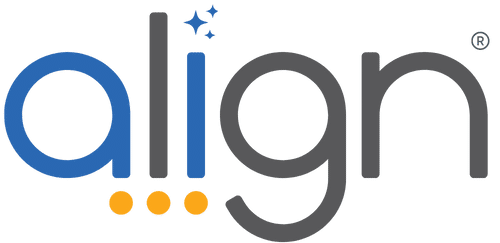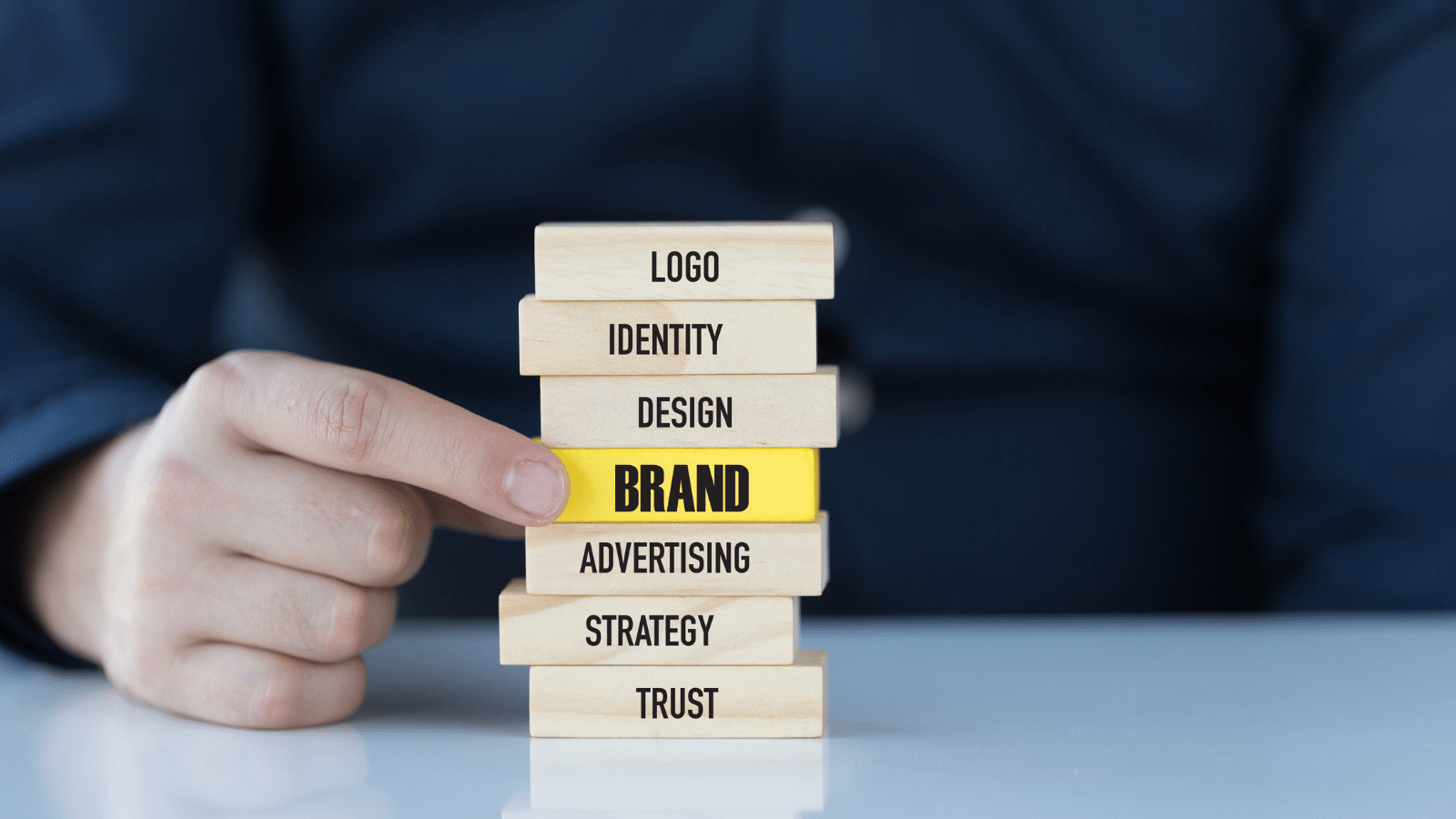How to Improve Brand Awareness for your Small Business
Quick, think of a brand… any brand. Whether it’s the fast-food chain you can’t resist, the car you’ve been dreaming of, or the tech giant you can’t live without, we all have our favorites. But have you ever wondered how these brands became so ingrained in our minds? The answer is simple: brand awareness. Measuring such a broad concept can be complex, especially for small businesses with limited resources.
Read on as we dive into the world of brand awareness measurement and uncover the best cost-effective strategies to turn your own small business into a household name.
What is brand awareness?
A business’s brand is its identity. It is the image and reputation that the business projects to its customers and the wider community. A strong brand can help a business stand out in a crowded market, build trust with consumers, and establish long-term customer loyalty. A well-crafted brand can also communicate the company’s values, mission, and unique selling points, making it easier for potential customers to understand what the business is all about and whether it aligns with their own values and needs. In today’s digital world, a brand is not only a logo or a slogan, it’s the entire customer experience, the reputation of a company, and the way it is perceived online and offline.
Measuring brand awareness allows businesses to understand how effectively they are connecting with their target audience and identify areas for improvement. There are various methods for measuring brand awareness, but all agree on one thing: it is essential to help businesses understand their place in the market and then use it to their advantage.
Creating brand awareness on a budget
A successful brand awareness strategy is able to turn a brand into a competitive advantage. Even small businesses on a budget can take steps to create brand awareness by implementing a variety of marketing strategies.
For one, connecting with the public through social media is an organic way for small businesses to build brand awareness. Small businesses can build a following and increase visibility by regularly posting engaging content and interacting with consumers on social platforms. Additionally, small businesses can utilize search engine optimization (SEO) techniques to improve their search engine rankings and make it easier for customers to find their websites.
If you still have doubts about how and to which extent optimization can contribute to increased brand awareness and business growth, or if you want to better understand the relationship between SEO and brand awareness, contact an SEO agency to instantly get some useful tip and insights. For instance, Skale is a SaaS SEO agency that was established primarily to help in scaling the SEO of other SaaS companies, driving PQL and MQL growth and thus promoting the businesses development in general.
Another low-cost way small businesses can create brand awareness is through networking and community involvement. Participating in local events and sponsorships, as well as joining local business organizations, can help a small business establish itself as a part of the community.
Furthermore, small businesses can offer special promotions to attract new customers, retain current customers, and spark word-of-mouth marketing. Overall, it is important for small businesses to be consistent and persistent in their branding efforts in order to establish a recognizable and reputable brand.
Measuring brand awareness
The famous words of Peter Drucker, inventor of the original Management by Objectives (MBO) framework, are still just as true today as they were over 50 years ago. Drucker said, “What gets measured gets improved.” Drucker’s MBO framework later evolved into the Objective & Key Results (OKR) framework that businesses still use today to measure progress toward their goals. If you use OKRs, KPIs, or any type of data in your business, you agree that measurement drives improvement.
Brand awareness can be a tricky factor to measure though, as there doesn’t seem to be any magic number that indicates whether or not your brand awareness is up to par. It can also be challenging to gain accurate insight into the public’s perception of your brand.
There are various ways to navigate measuring brand awareness by obtaining accurate information that is indicative of the effectiveness of your branding efforts.
Here are a few free or low-cost tools small businesses can use to help measure brand awareness:
1) Brand recall and recognition surveys
Businesses can use brand recall and recognition surveys to ask customers questions about their familiarity with the brand. Brand recall surveys measure the ability of customers to remember a brand after they have been exposed to it, while brand recognition surveys measure the ability of customers to identify a brand when it is presented to them. These surveys can be conducted in various forms, such as online, via phone, or in person. The results of these surveys can provide valuable insights into how well the brand resonates with customers and can help businesses identify areas for improvement.
The survey strategy does not have to be a costly investment – businesses can save money by using free online survey tools, such as SurveyMonkey or Google Forms. These tools allow businesses to create professional surveys that can be easily distributed. Another option is to conduct surveys in person or over the phone, which can be a more personal touch and can help to build strong relationships.
2) Social listening
Social listening is the process of monitoring and analyzing social media conversations and mentions of a brand, product, or industry. It allows businesses to track what people are saying about their brand, identify key influencers, and understand the sentiment around their brand. Not only can you track mentions of your own brand, but you can also track your competitors to gain a better understanding of their advantages and places in the market. Additionally, small businesses can use social media listening to identify key figures and influencers in their industry and engage with them to increase visibility.
Social listening can be done manually by monitoring social media platforms like Twitter, Facebook, and Instagram, or using social media listening tools, which automate the process and provide more detailed analytics. While many of these systems can be expensive, some systems are available for free or at low-cost.
3) Web analytics and monitoring tools
While social listening involves tracking solely on social media sites, other web tools allow you to sweep the whole internet for brand mentions and information. Small businesses can use various online tools in addition to Google Analytics to track website traffic, search terms, conversion rates, and more.
Google Trends is a popular (and completely free) tool used by small businesses to help track brand awareness. The tool allows businesses to see how often a particular search term is entered into Google, and how it has changed over time. By tracking the search volume of their brand name, small businesses can see how well their brand is resonating with customers and identify areas for improvement. They can also use Google Trends to track competitors and use that information to optimize their own competitive strategy.
4) Customer referrals
Small businesses can track brand engagement on a more organic level by assessing and taking into account customer reviews and referrals. These can be the easiest and most direct way to gather customer feedback and understand how they identify with your brand. When a small business gains a new customer, they should always be sure to ask: How did you hear about us?
Tracking the answers to this question will help build a better understanding of brand awareness over time and help a business identify its most effective referral channels.
It’s important to create a referral process that incentivizes current customers to refer their friends and colleagues to the business. By providing rewards or discounts, or even displaying gratitude with a simple thank-you card in exchange for successful referrals, businesses can encourage customers to share their positive experiences with others. Additionally, businesses can track referrals using unique codes or affiliate links, which allow them to measure the success of their referral program and make adjustments as needed. By building brand awareness through referral tracking, small businesses can increase their visibility and customer base.
Maintaining a competitive brand awareness strategy
Maintaining and optimizing a brand awareness strategy is critical for small businesses looking to scale up. Metrics such as website traffic, social media engagement, and customer feedback help small businesses gain valuable insights into how their brand is perceived and make informed decisions about how to improve it. Additionally, by utilizing free or low-cost tools such as Google Analytics, Hootsuite, and SurveyMonkey, small businesses can easily track and analyze data without breaking the bank.
What’s more important than setting clear goals for brand awareness is having a system in place to measure them effectively. The Align software provides tools and dashboards to set goals, identify clear metrics that define progress, and accurately track that progress to drive business performance. To learn more about how Align can help you achieve your small business’s goals, book your demo today.





